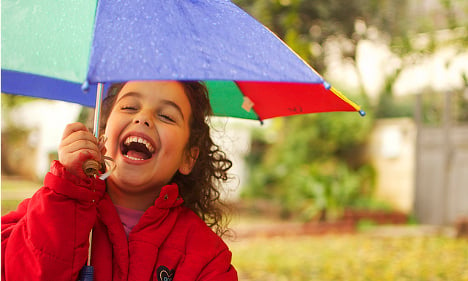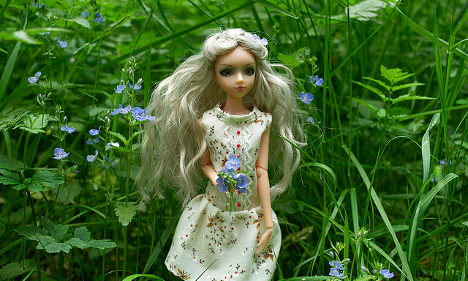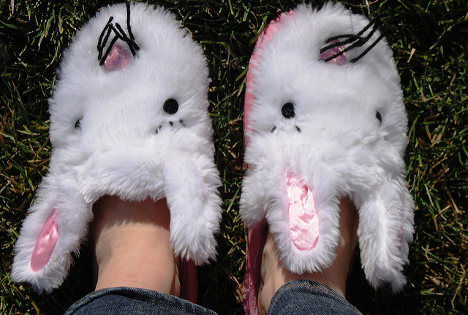When it comes to describing a feeling, some French words capture it perfectly.
Reader Chris Brown, for instance, explains that 'rassasier', meaning 'to eat one's fill' or 'to satisfy one's appetite', seems the perfect way of describing how he feels in France. And there's probably no better place to feel rasassié (full up) than France.
Lilian Lau told us her favourite word was 'aléatoire', meaning 'random' or 'uncertain'. She says it “sums up life quite well and sounds good when it is pronounced”.
Melissa Housden opted for 'gentillesse' (kindness), as it is “something the locals always offer when I am in France”.
Sometimes, it is the pronunciation that tickles our fancy.
Those behind holiday home company Elegant Condorcet chose 'quincaillerie', which translates roughly as 'hardware store', because it took them forever to learn how to pronounce it properly.
Reader Teoann Elaine Militsala has a preference for 'arbre', meaning 'tree', since the word always gets stuck in her throat, and Jay Vogler loves 'bimbeloterie', which translates as 'knick-knacks' in English, as “it’s just so fun to say”.
Tweeter Elelibs argues that 'parapluie' or 'umbrella' is the perfect French word because of the “alliteration, the 'r' roll, the satisfaction of the 'pluie' but mostly the literal translation (protection against rain)”.

Photo: Alon/Flickr
Remi Thackrey loves 'coccinelle', (ladybird), because “it sounds lovely.” She adds: “Did you know the collective name is a 'loveliness of ladybirds?”
Some people had a personal connection to a particular French word.
'Rouspéteur' (someone who grumbles) was Russ Goff's choice, simply because: “I’m Russ, and my dad was Peter, and together we used to grumble a lot.”
For Jacki Williams-Jones, the word 'poubelle' is not only a beautiful way of referring to ‘trash’, but it is also a favourite of his since there is a restaurant bearing the same name in his L.A home.
Others, such as Dawn Turpin, have preferences for words such as 'espérance', meaning 'hope', which reminds her of her favourite restaurant back in her English hometown.
Julia Poulton, explains that poupée', 'doll' in English, will always have a place in her heart, since it reminds her of “teaching my children French and them laughing at the word”.

Photo: Eirien/Flickr
The blogger behind Diary of an Adult Runaway, Gabrielle Luthy, prefers 'libellule' (dragonfly) because “dragonflies are my lucky charm and it's such a beautiful word to say. I get to say it a lot, because I named my cat Libellule.”
Indeed, sometimes you can't put your finger on why, but a certain French word just sounds great.
Photo: Julie/Flickr
Theresa Lizama Hall said her favourite work was: 'Bisous' (kisses) – which the Urban Dictionary describes as: “A word that slips off the tongue with ease upon parting from anyone whose company you truly enjoy.”
Gina Hunt says that 'pantoufle', (slipper) “just sounds good”, and Katie Benson picked ‘sortie’ (exit) “because it's just cute!”

'Trombone' (trombone/paperclip) was the favourite of Twitter user Debbie, “because a paperclip does look like one”.
Doug Urhuhart loves 'rocambolesque' (incredible) , “because it sounds so rocambolesque“.
Janine Uhlman was one of many who voted for 'pamplemousse' (grapefruit). She has “loved that word since the first time I heard it. It has a delicious sound, but not taste malheureusement!”
We'll leave the last word to Cheryl McCloud who loves the word 'merde', which surely doesn't need translating. She chose it because she's Australian and says “the word flows very freely from our swearing mouths”.



 Please whitelist us to continue reading.
Please whitelist us to continue reading.
Member comments